Gruppo 63
From his experience with Il verri, Porta began collaborating with an avant-garde Italian movement called Gruppo 63. While working to develop their ideas, he travelled to the conventions they held in Palermo, Reggio Emilia, "La Sapienza", and Fano.
From 1963 to 1967, Porta was actively involved in the editing of another avant-garde magazine Malebolge from Reggio Emilia. In these years he also began working in visual poetry, participating in exhibitions in Padua, Rome, Milan, and London. His work which is most associated with this period is Zero (1963).
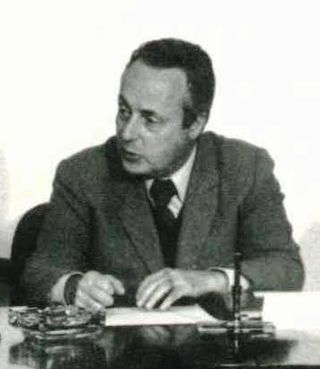
Giorgio Bassani was an Italian novelist, poet, essayist, editor, and international intellectual.

Eugenio Montale was an Italian poet, prose writer, editor and translator, and recipient of the 1975 Nobel Prize in Literature.

Luigi Ballerini is an Italian writer, poet, and translator.
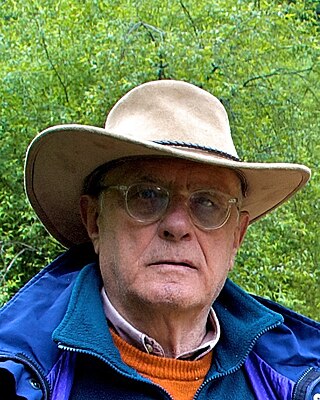
Mario Biondi is an Italian writer, poet, literary critic, journalist and translator. His reputation is mainly due to the novel Gli occhi di una donna, which earned him the important Italian award Premio Campiello in 1985. He has a keen interest in Central Asia and Tibetan history and culture, and in recent years has travelled all of the Silk Road through Turkey, Iran, Uzbekistan, Kyrgyzstan, Pakistan and many provinces of China, among which Gansu, Shaanxi, Sichuan, Qinghai and obviously Xizang (Tibet).
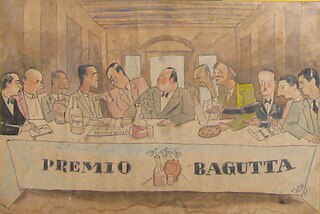
The Bagutta Prize is an Italian literary prize that is awarded annually to Italian writers. The prize originated among patrons of Milan's Bagutta Ristorante. The writer Riccardo Bacchelli discovered the restaurant and soon he regularly gathered numerous friends who would dine there together and discuss books. They began charging fines to the person who arrived last to an appointed meal, or who failed to appear.

Giovanni Raboni was an Italian poet, translator and literary critic.

Nanni Balestrini was an Italian experimental poet, author and visual artist of the Neoavanguardia movement.
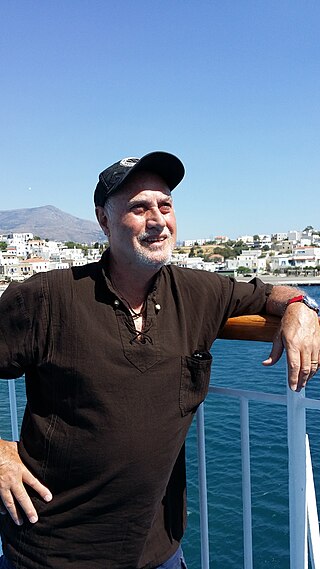
Luigi Augusto Fontanella is a poet, critic, translator, playwright, and novelist.

Valerio Magrelli is an Italian poet.
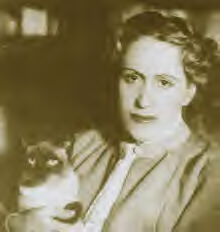
Gianna Manzini was an Italian writer whose Ritratto in piedi won her the Premio Campiello in 1971. It is a semi-autobiographical portrait of her father, an Italian anarchist. After several banishments for his political activities, her anarchist father was exiled to the small hilltop town of Cutigliano in 1921, 25 km northwest of Pistoia, where he died of a heart attack in 1925 after being chased by fascist hoodlums.
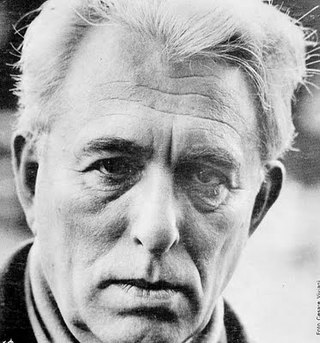
Franco Fortini was the pseudonym of Franco Lattes, an Italian poet, writer, translator, essayist, literary critic and Marxist intellectual.
Cesare Garboli was an Italian literary and theatre critic, translator, writer and academic.

Giorgio Orelli was an Italian-speaking Swiss poet, writer and translator.
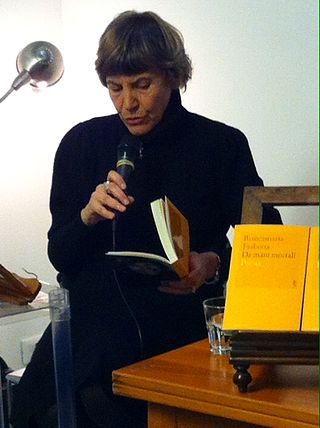
Biancamaria Frabotta was an Italian writer. She promoted the study of women writers in Italy and her early poetry focused on feminist issues. The main themes of her later works are melancholy, the dichotomy between Nature and History and between Action and Contemplation, the relationship between the body and the self, and conjugal love. Besides essays on feminism and academic works on poets such as Giorgio Caproni, Franco Fortini, and Amelia Rosselli, she wrote plays, radio-dramas, a television show on Petrarch, and a novel. Until her retirement in 2016, she taught Modern Italian Literature at the University of Rome La Sapienza, where she previously received her Laurea degree.

Maria Luisa Gabriella Epifani, better known as Muzi Epifani, was an Italian writer and poet.
Anne Milano Appel is an American translator of Italian literature and language teacher.
Giovanni Orelli was a Swiss poet and writer who worked in Italian and the Ticinese dialect. His cousin Giorgio Orelli was a poet and literary critic.
Mario Benedetti was an Italian poet. He was among the founders of the contemporary poetry magazines Scarto minimo and Arsenal littératures.

Omero Vecchi, known by his pen name Luciano Folgore, was an Italian poet.
Carmelo Samonà was an Italian academic and writer, as well one of the most important Italian Hispanists.















